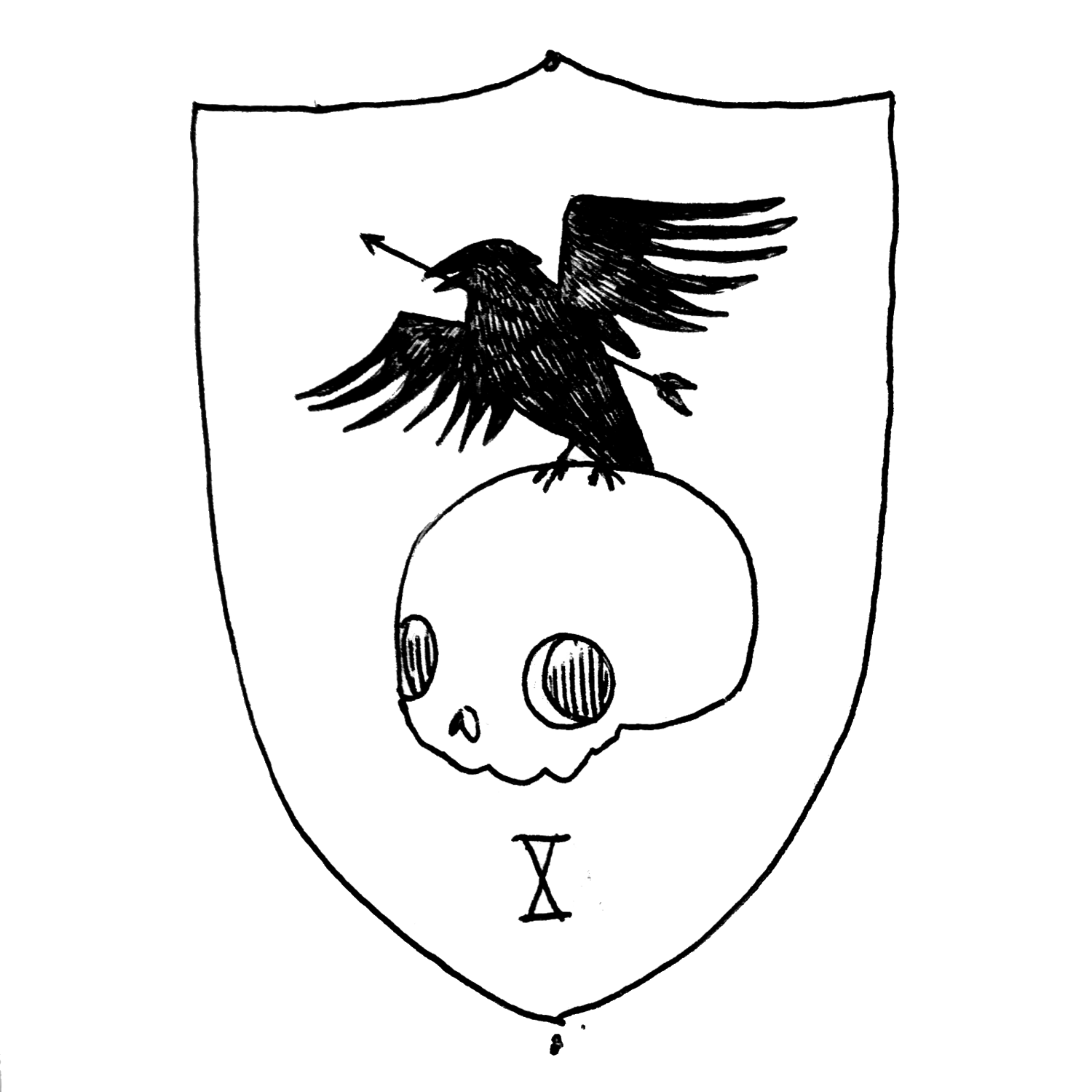More levers, fewer rules
XP, Healing, and treasure: Everybody does it differently. And that’s fine. When reading material, I don’t want the author to extol the virtue of their preferred choices: Give me the rules, their variants, and the consequences.
In short, I want advice from a blog post or DM material that discusses game levers and their impact. The more specificity, the better. Instead of arguing which method is the best, we should consider making our systems more modular. Build levers for the DM. Give advice to push or pull as DMs see fit. Let them know the consequences of their choices. If I change treasure and use the silver standard and require that full healing takes 30 days, I want to know…
What kind of stories fit in that niche?
Are the PCs going to starve to death?
How much effort do I need to put into downtime activities?
What records should I keep, and what can I ignore or fudge?
What other aspects of the game are these choices going to highlight?
Example: Let’s muck with resting and treasure mechanics in 5e
In the initial assumptions in 5e, adventurers grow from level 1 to 20 and go from broke to wealthier than the gods in about 35 days (i.e., long rests) of active adventuring. Not a bad gig. It doesn’t feel consistent with a world where most people are peasants so people tend to mess with it. Let’s see what happens when we use our powers as DM to slow down the long rest. Here are some options:
Gritty Realism. Long rest takes a week. It takes under 8 months of adventuring to become a demigod.
Grittier(?) Realism. Long rest takes a month. It would take 3 years of constant adventuring to reach level 20.
Seasonal. Long rest takes 3 months. It might take 10 in-game years to max out your level.
In a vacuum, this doesn’t seem to make a big difference, except for the DM ripping off calendar pages. However, there are mechanical consequences.
Using standard adventure settings, it takes 8 long rests to get to level 5, which if you pull the rest lever down to the “long rest takes a season” rule, would take 730 days. In that time, the approximate treasure won is 2,600gp. If it is a 4-person party, that’s 650gp per person, or not quite the “modest” living standard of 1gp a day, especially if you need to buy arrows. Thus, a consequence of this choice is your characters, using seasonal adventuring and treasure as written, will likely be broke when they are ready to adventure again.
If you use the silver standard (a common OSR house rule where every gp of treasure is converted to a silver piece), the party will live in squalor. Note to institutions: heavily armed and talented people living in squalor may lead to revolution.
Pushing or pulling on these levers of rest and treasure radically changes the game experience. A DM might think that a long rest should take a season because it reasonably takes 3 or more months to fully recover after being beaten to a pulp in a dungeon. They may also think that the silver standard is a more realistic economy for, uh, an elfgame. If you combine those two choices, the characters who live in squalor will lead a revolution by level five. It sets the vibe for the whole game.
If that’s intended, great! But it’s valuable for the DM to understand those consequences before the game starts. Except for vibes, I haven’t seen this discussed in any “referee guide.”
Here is an example of what I am looking for. When I put together my basic treasure tables for 5e, I did the quick math of what the characters would be able to buy depending on how you muck with treasure:
Here are some variants for controlling the amount of cash the party receives throughout a campaign. The DMG averages the amount of cash coming from random treasure roles from the DMG. The low cash variant reduces the second and third tiers by 50% and the fourth tier by 90%. This lowers higher level character purchasing power. The silver standard reduces all treasure by 90% (silver pieces instead of gold). The chart below indicates what level large purchases become possible (with diligent saving) for a party of 4 PCs working together.Here is, in short, the purchasing power of characters depending on what you choose as a DM… and I want more of this. Do you know of any retroclones or dragon games that lay out the options like this? Let me know.


